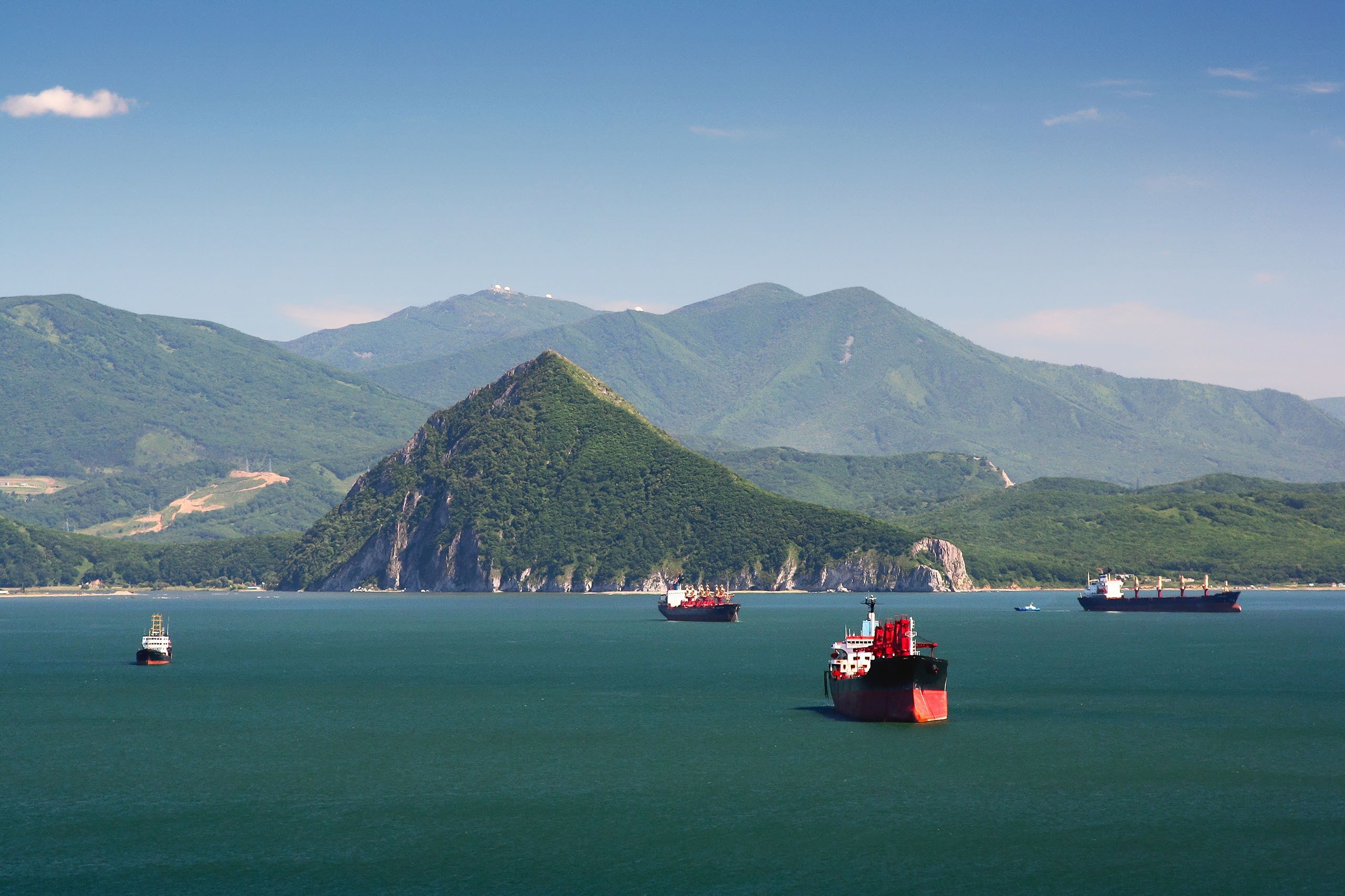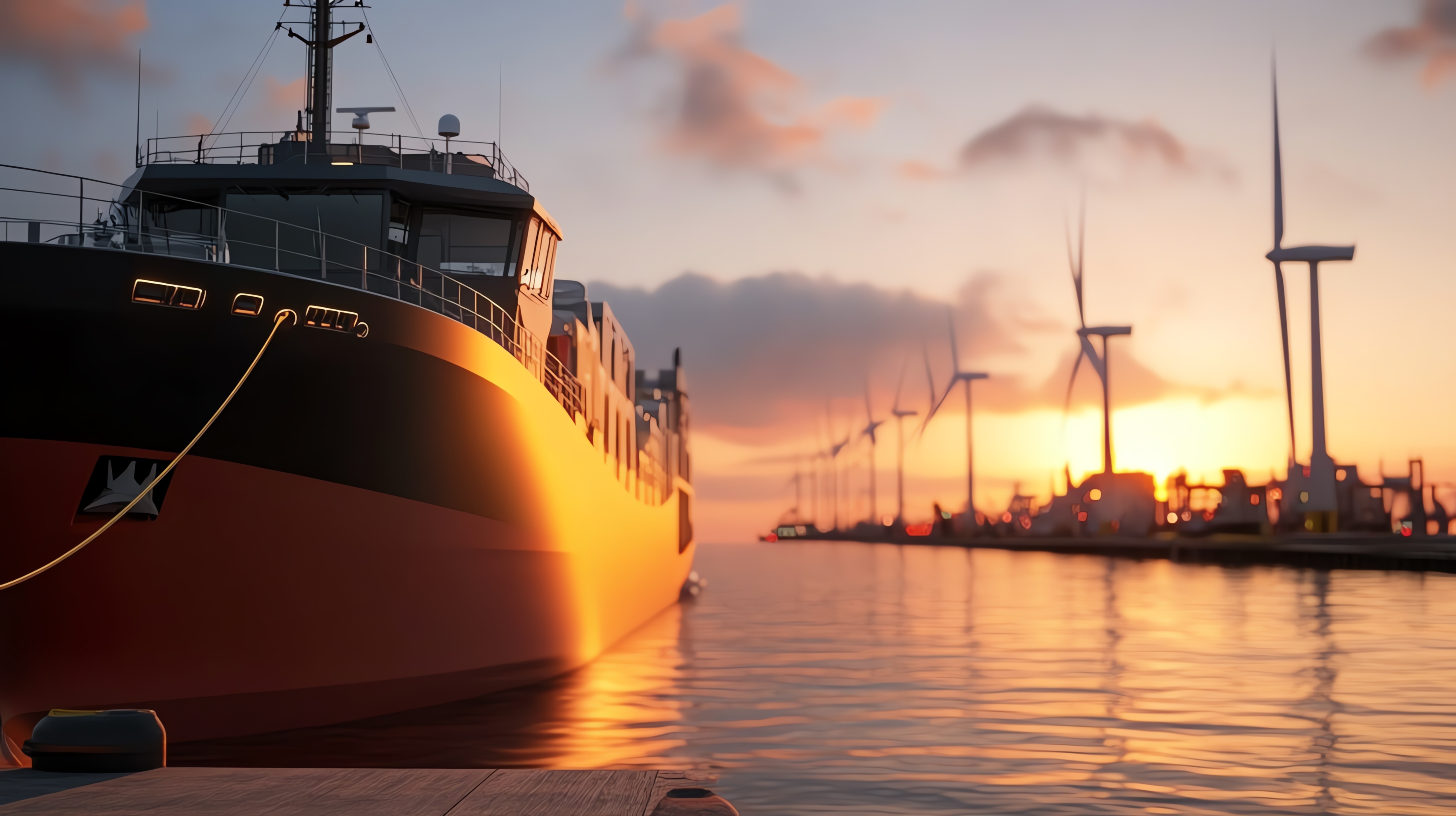
Bunker Convention Certificates - Q&As
The UK P&I Club have updated their Q&A on Bunkers Convention Certificates for 2020.
Q. When did the Bunkers Convention 2001 (BC) enter into force-?
A. 21st November 2008.
Q. How many countries are parties to the BC?
A. As of 3 July 2020, 98 countries are parties to the BC. For a list of these countries, please click on the link below to IMO’s website and refer to pages 505 -507;
http://www.imo.org/en/About/Conventions/StatusOfConventions/Documents/Status%20-%202020%20June.pdf
Q. Who is liable under BC for pollution damage?
A. Shipowner (including the registered owner, bareboat charterer, manager and operator).
Q. Which ships are required to have BC certificate of insurance (BC certificate)?
A. All ships over 1000 gt registered in a State party or entering or leaving a port in the territory of a State party
Q. What is the difference between a “BC blue card” and a “BC certificate”?
A. A "BC blue card" is issued by an insurer evidencing that there is in place insurance meeting the liability requirements of the Bunkers Convention. A "BC certificate" is issued by a State party attesting that such insurance is in force. A ship over 1000 gt must have on board a "BC certificate" when flying the flag of a State party or trade to a State party. Without a "BC blue card", States will not issue a "BC certificate".
Q. Who is required to obtain a BC certificate of insurance?
A. The registered owner of a ship.
Q. My ship flies the flag of a non BC country – do I have to obtain a BC certificate for her?
A. Yes, if she will call or may call at a port of a State party to the BC.
Q. My ship flies the flag of a State where the Convention has been ratified but not yet come into force - do I have to obtain a BC certificate for her?
A. Yes. The Convention will come into force three months after the date of ratification. There is a risk that certificates issued by such a flag State will not be recognised as valid until the date the Convention comes into force. Members are recommended to obtain a certificate from a State where the Convention is already in force in order to ensure compliance during the abovementioned three month period. Club cover may otherwise be prejudiced if the vessel is detained or fined.
Q. My ship is registered in a State Party, but she will not call at a port of a State Party, do we need to obtain a BC certificate?
A. Yes.
Q. How to apply for a BC certificate?
A. You will need a BC "blue card" from the Club which should be submitted to the relevant authority of the flag State, if a party to the BC or to another State Party if the flag State is not a party to the BC.
Q. Which States have agreed to issue certificates to ships not flying their flag?
A.. The Bahamas, Cook Islands, Jamaica, Liberia, Malta, Norway, Palau, Panama, UK (including Isle of Man), Cyprus and Germany (if the owner is located or economically connected there),are amongst the countries which will issue certificates to vessels registered in states which are not party to the Convention. Please also refer to the Club's circular ref. 11/08.
Q. Where do I find the contact details of the countries willing to give BC certificates?
A. Please contact your usual underwriting contact for the most up to date details
Q. If BC/CLC certificates are both required, which one will be used in an oil spill?
A. This refers to tankers. It is believed that the BC certificate will only be used in the extremely rare situation when the CLC does not apply, namely when the tanker is unladen and with no residue of persistent oil cargo on board.
Q. Is my liability under the BC covered?
A. Yes, subject to the Club's Rules and your standard terms of entry. However please also see the Club's circulars ref. 6/08 and ref. 9/08 for the need to maintain War risks P&I insurance, as claims arising from acts of terrorism would be recoverable from war risks underwriters.
Q. Why do I have to have the underlying War risks insurance? What is the required limit of that policy?
A. The BC blue cards are given on the condition that the Members agree to maintain an underlying War risks insurance on standard terms, with a separate limit for P&I liabilities. The required limit for P&I liabilities under that policy is the proper value of the ship, deemed not exceeding US$500 million.
Q. Who should we contact within the Club when we need a BC blue card?
A. Your usual underwriting contact.
Q. How do we obtain a BC Blue Cards/BC Certificate?
A. For ships registered in a State Party to the Convention, the Club will issue the Blue Card in electronic format to you for you to forward to your ship’s flag State authority who will in turn issue the Bunker Convention certificate to you. If the issuing authority does not accept an electronic Blue Card, a Blue Card in a hard copy format may in exceptional cases be provided. The procedure for issuing certificates varies from State to State. You should contact your flag State authority for the procedure to apply for State-issued certificates,
Q. Is the “Principal Place of Business of the Registered Owner” different from the registered office of the registered owner?
A. Legal advice received by the Clubs indicates that the registered office is appropriate as the principal place of business unless it is clear that the registered owner carries on business principally at a different location. In that event Members should advise the Club of the address to be inserted in the blue card – otherwise the registered address will be used.
Last Updated - 19 August 2020





